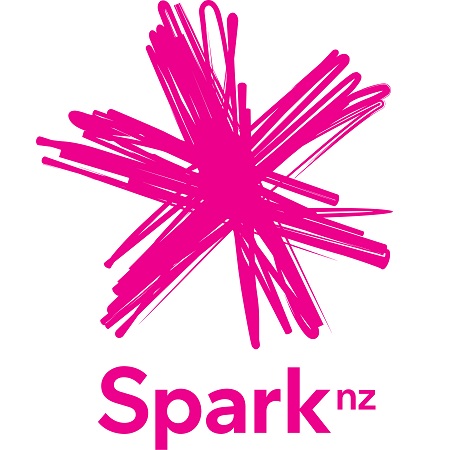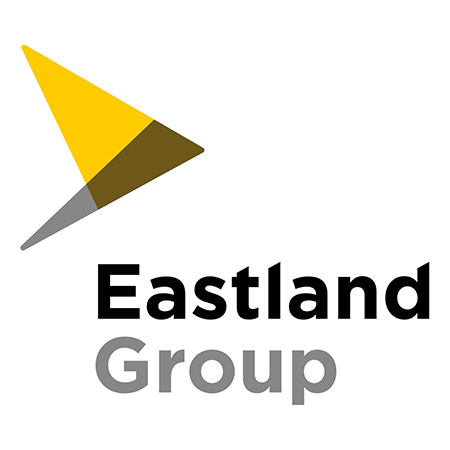Christchurch International Airport Limited (CIAL) has today successfully completed the re-financing of an existing debt facility with Westpac, at the same time converting it into its first sustainability linked loan.


Christchurch International Airport Limited (CIAL) has today successfully completed the re-financing of an existing debt facility with Westpac, at the same time converting it into its first sustainability linked loan.

Z Energy (Z) welcomes today’s announcement from the Government that New Zealand’s Sustainable Biofuels Mandate will be in place by 1 April 2023.
“Biofuels are an important step on the journey to help New Zealand decarbonise the transport sector,” says Z Energy GM Transition Julian Hughes.

If you’re serious about reducing your organisation’s carbon footprint, science is your friend. That’s because a verified science-based target (SBT) is the ‘gold standard’ way to reduce your carbon emissions. It’s measurable, credible, and public. And, based on the practical experience of New Zealand telecom provider Spark New Zealand who’ve recently set and verified an SBT, this type of target offers many other less tangible benefits too.

Firstgas Group and Ecogas are celebrating New Zealand’s first large-scale biogas to pipeline project that will transform kerbside waste into a valuable source of renewable gas for homes and businesses.
Once completed, the plant will supply the equivalent of 9,000 homes and businesses with biomethane, a type of renewable gas which is produced from organic waste like food scraps, agricultural and landfill waste. It is expected to eliminate more than 11,000 tonnes of CO2 per year; action that helps move New Zealand towards its target of net zero carbon emissions by 2050.

The COP26 Insights Report, produced by The Warehouse Group’s Chief Sustainability Officer and summit delegate, David Benattar, provides a broad view of the role of public policy, business, finance and technology to achieve Net Zero. It includes contributions by fellow Kiwi delegates and leaders in climate action.
The past few years, and 2021 in particular, have seen the food and beverage industry in New Zealand working hard to increase its sustainability – both customer-facing and back of house.

Victoria University of Wellington is aiming to create one of the world’s most environmentally sustainable buildings.
Once complete, students will be able to wander around the leafy, wooden, three-storey Living Pā complex and watch monitors showing its energy and water consumption – a building “living” in real time.
Panels of glass will connect it to the university’s wharenui, Te Tumu Herenga Waka, which has stood on Kelburn Parade for the past 35 years.

OPINION: I’ve lived in New Zealand for over four years, and in that time been struck by the ingenuity and tenacity of Kiwis: the number 8 wire mentality is truly unique.
And I believe it is this inimitable attitude that could, and should, see New Zealand become the Silicon Valley of innovation and progress in the low-carbon arena.

Fonterra is turning on milk taps in cafes, all in the name of sustainability.
Fonterra Brands New Zealand (FBNZ) is kicking off a trial which will see baristas making the same great coffee, but with a more sustainable pour, using ‘Anchor café milk taps’.

Eastland Port is the proud owner of New Zealand’s first electric water truck, one of the largest road-legal electric trucks in the country.
The water truck is deployed daily to depress dust on the log yard and is an essential part of port operations.

Fonterra’s Amsterdam-based trade strategy and stakeholder affairs manager, Mark Casey, recently attended COP26 – the annual United Nations Convention on Climate in Glasgow. Here are his thoughts on this globally significant event and what it means for the Co-op.

First Gas has committed to supply thousands of homes and businesses with biogas produced from organic waste but has had to delay a more ambitious ‘green’ hydrogen trial originally slated for this year.
First Gas commercial manager Ben Gerritsen said the company would spend about $6 million to $8m connecting its gas distribution network to a biogas plant that specialist firm Ecogas expects to finish building near Broadlands in the central North Island by about the middle of next year.